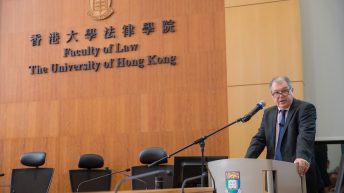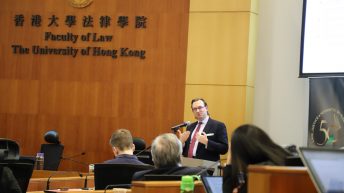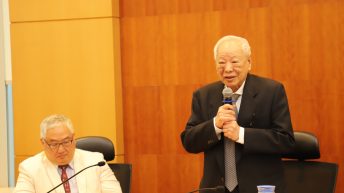Date: 19Sep 2019
Courts and commentators have attributed to some constitutions a transformative commitment. This attribution gives rise to at least four puzzles: the conceptual puzzle, the possibility puzzle, the institutional puzzle, and the performance puzzle. The conceptual puzzle is how to understand ‘transformative constitutionalism’? The possibility puzzle is whether constitutionalism can be transformative. The institutional puzzle relates to what institutional arrangements are presupposed by the implementation of transformative constitutionalism. The final puzzle refers to the performance of transformative constitutionalism. There is disagreement in the literature concerning the extent to which transformative constitutions have actually produced the desired changes, or if they have become unintended sham constitutions.
This lecture undertakes a critical analysis of four puzzles. As a result of the analysis, it makes two arguments. First, it proposes that transformative constitutionalism is, to a remarkable extent, actually an illusion. Second, it suggests a restatement of essential tenets. In particular, the lecture advances a model of collaborative constitutionalism that highlights the functions of the legislature and the executive, and the contribution to the transformation of private and international powers, as well.
Speaker:
Carlos Bernal is Justice of the Colombian Constitutional Court (since May 2017)and an Associate professor at Macquarie Law School (Sydney, Australia). His qualifications include a LL.B from the University Externado of Colomabia (Bogota – Colombia) (1996), a S.J.D. from the University of Salamanca (Spain) (2001) from the University of Florida (U.S.A). He has held visiting professorships at the Faculties of Law of the Universities of Pairs I (Sorbonne) and X(Nanterre), and the University of Leon (Spain), and Senior Research Fellowships at the Yale Law School, the king’s College Law School, and the Max Plack Institute for Comparative Public Law and International Law (Heidelberg).
His scholarship focuses on constitutional rights’ interpretation, comparative constitutional change, general jurisprudence – in particular on the intersection between social ontology and legal theory, and the philosophical foundations of tort law.




